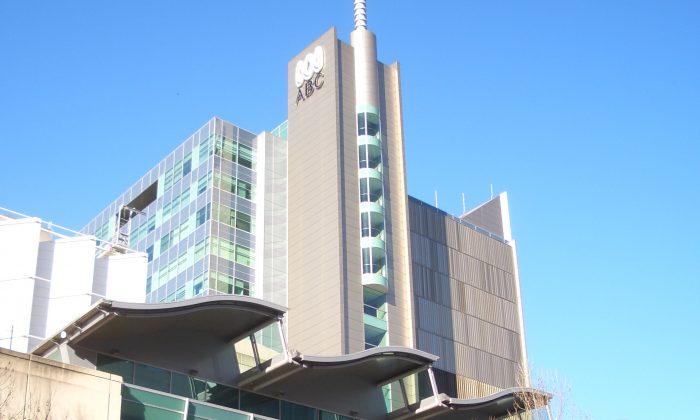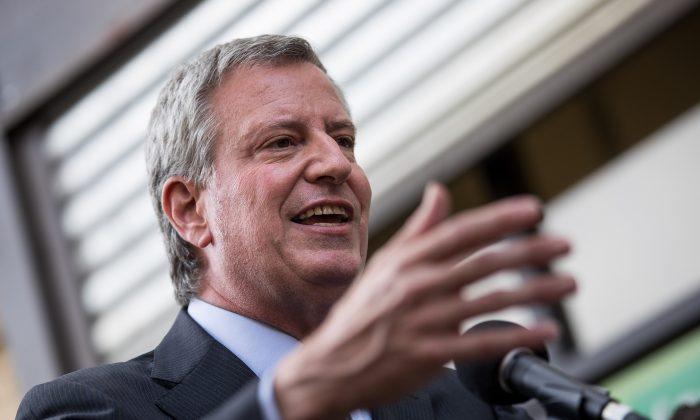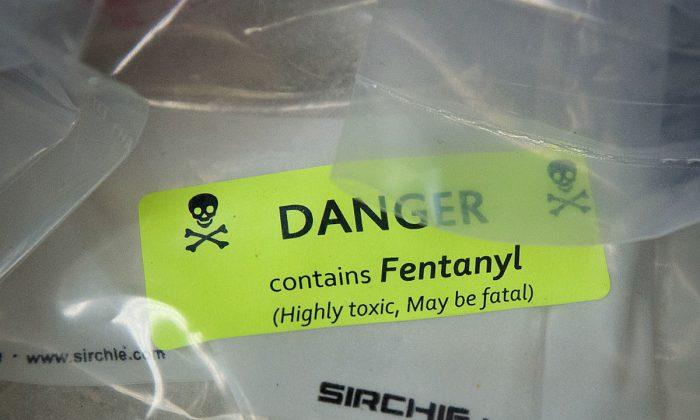When the ABC insisted on clarification regarding the reason for the ban, an official from the Chinese Communist Party’s (CCP’s) Office of the Central Cyberspace Affairs Commission eventually responded with the generic reply that “China’s internet is fully open.”
The official dictated the CCP’s official statement that China welcomes internet firms from all across the world to share “good information” with Chinese netizens. But the statement then explained that China would act to maintain its “state cyber sovereignty rights” by banning websites that violated “China’s laws and regulations.”
According the statement given by the official, any information deemed to be spreading “rumours, pornographic information, gambling, violent terrorism, and some other illegal harmful information which will endanger state security and damage national pride,” would be subject to review by government departments that “have the right to take technical measures to block dissemination.”
Related to Huawei’s Loss of 5G Network?
On Aug. 23, the Australian government confirmed in a media release that new legislation would be introduced from Sep. 18 to address the new security challenges facing the nation’s 5G network plans due to the technology’s potential to enable the unimpeded flow of information.Although the announcement did not explicitly mention the Chinese telco, the federal government said that the involvement of third party 5G vendors who are likely to be subject to “extrajudicial directions from a foreign government that conflict with Australian law” would leave the country vulnerable to “unauthorised access or interference.”
Lord said that Chinese regulations do not operate on Australian soil. “We have a legal opinion which says it does not affect Huawei in China and, even more so, does not affect Huawei in Australia,” said Lord. “We only obey and only listen to Australian laws.”
British intelligence told the ABC that the core switches—gatekeepers of incoming and outgoing data—supplied by Huawei had been doing a lot of “chattering” but to an unidentified source, which sparked attention from the U.K. government. BT had not been under any obligation to inform the authorities of its business deal with Huawei in 2005.
Lord told the ABC that despite the Australian government’s decision to ban Huawei, he plans on visiting Canberra to contest the decision with the Minister for Communications and the Arts Mitch Fifield.
According to the ABC, diplomatic sources had already been expressing earlier in the year that Chinese officials were dissatisfied with the ABC’s reporting due to it being “a publicly funded broadcaster.”
The CCP’s internet censors are known to have blocked numerous international news sites including the BBC and The Epoch Times. Despite the CCP’s efforts to censor outside information reaching Chinese citizens, Chinese state media channels such as CCTV and CGTN remain freely accessible to audiences outside of China.





Friends Read Free